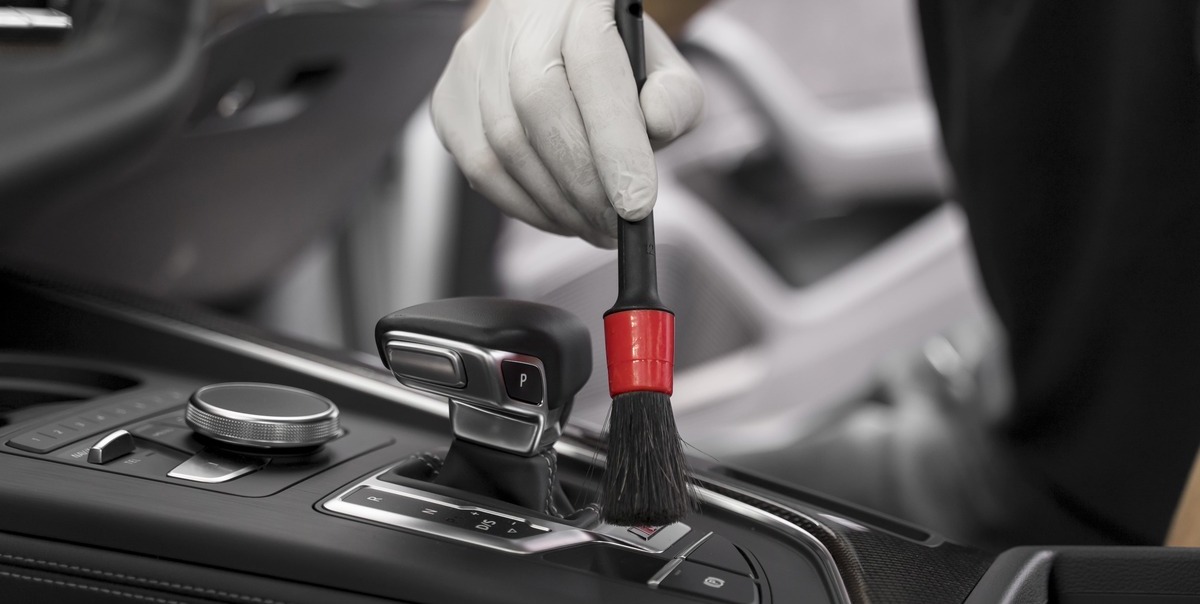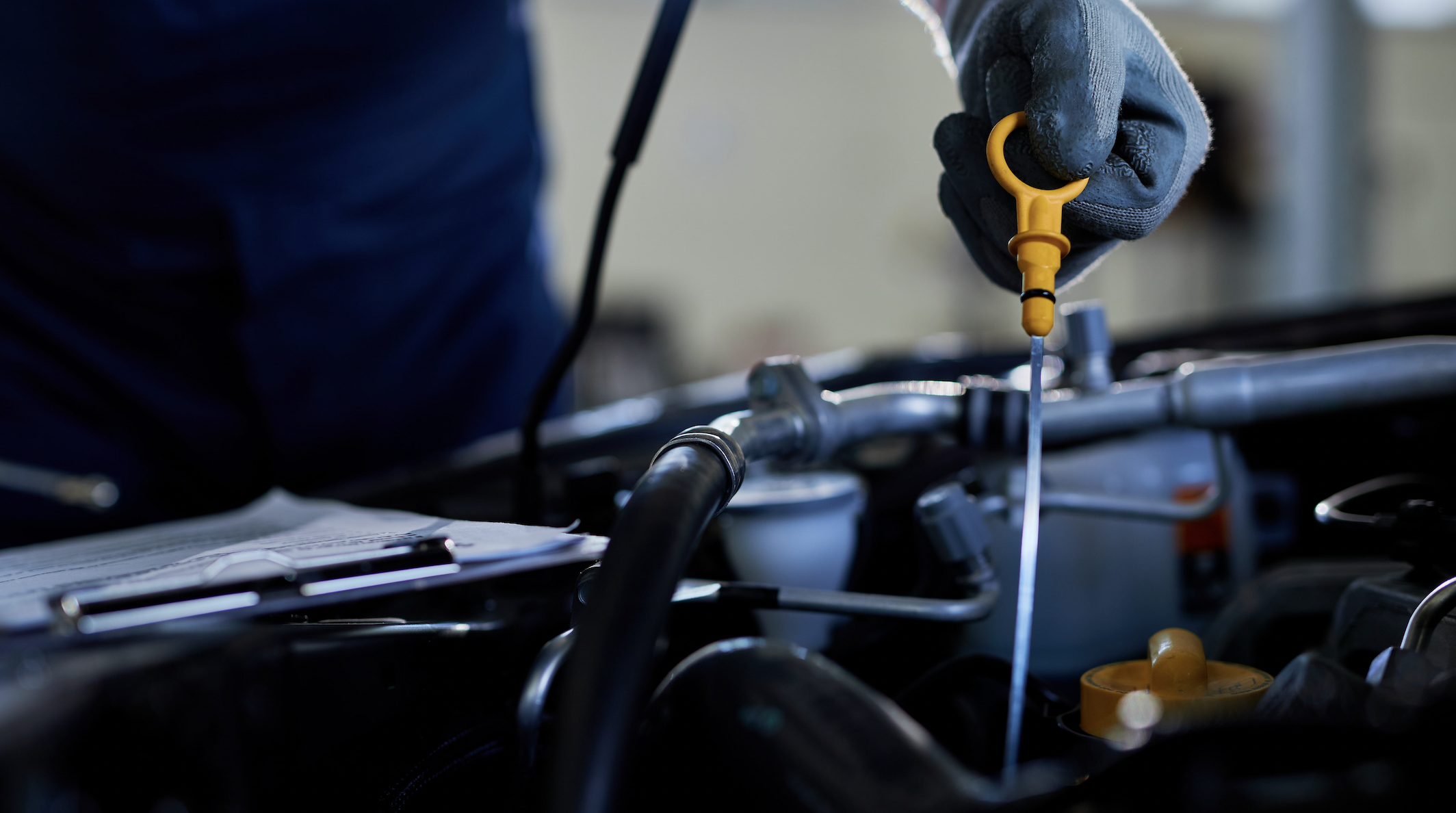Everything You Need To Know About Engine Oil
Your car may be a machine, but it’s still made up of many moving parts. The engine is essentially the heart of the vehicle, and what keeps it running smoothly is engine oil. However, if you don’t change your car’s engine oil at regular intervals or don’t use the right kind of engine oil for your vehicle, it can cause problems with your car’s performance and even its lifespan. Read on to find out everything you need to know about this vital part of owning a vehicle!
What Is Engine Oil?
Engine oil is an essential part of your vehicle’s engine system, and it serves several functions.
What does engine oil do?
It acts as a lubricant between moving parts in the engine, such as pistons and connecting rods. This reduces friction, allowing the engine to run smoothly at high speeds while also reducing wear on these parts from friction caused by normal operation over time.
It keeps internal engine components clean by trapping dirt and other contaminants that could otherwise damage them over time if left unchecked. This includes keeping combustion chambers clean so they do not become clogged with carbon deposits from incomplete burning of fuel during normal operation over time.
It helps keep engines cool by acting as a heat transfer medium between hot internal components such as pistons and cylinder heads and cooler external components like the radiator, which cools the air before sending it back into the engine.
Are All Gasoline The Same?
Gasoline is the most common fuel used in cars and trucks today. Gasoline is a mixture of different hydrocarbons that are created when crude oil is refined into finished products like gasoline, diesel fuel and jet fuel.
Most vehicles today require 87 octane fuel to perform as designed. Some luxury and high-performance vehicles require the use of 89, 91 or even 94-octane gasoline engine oil numbers to provide peak performance. There is no benefit to putting a higher grade of gasoline than required by your vehicle so save your money. If your vehicle requires high-octane fuel, however, and you use low-octane fuel instead, the effect of pre-ignition also known as “knocking or pinging” will be detrimental to the internal components of your engine.
1) Oil Type:
Anyone who has a car, whether a brand-new or high-mileage one, went through the process of making a decision on what is type of oil engine they need: mineral or synthetic. So, every driver has to know the distinction between those and choose wisely.
To put it in short, mineral oil is part of an oil refining process that comes from the ground. This oil type is less expensive than synthetic oil and has been around pretty much as long as cars have been around.
Unlike mineral oil, synthetics one is more expensive, due to the chemical engineering included in creating them. Often, this oil type has more added ingredients to help the oil keep longer and cleaner. They also still have the mineral oil as a base but are engineered to provide for more miles to be driven between oil changes. It is also more reliable in terms of higher and lower temperature changes.
2) Viscosity Rate:
So, “what is viscosity?” you may be asking yourself. Viscosity is a measurement of a fluid’s thickness or resistance to flow. The lower the viscosity, the thinner the fluid and the more likely it will flow easily at lower temperatures. The higher the viscosity, the thicker the fluid is, and therefore less likely to flow at lower temperatures. Lower viscosity oils provide excellent engine lubrication upon initial start-up, and sub-zero temperatures and provide less resistance to moving parts, thus actually increasing horsepower and fuel economy. Higher viscosity oils provide better lubrication once the engine has warmed up and in summer temperatures.
Engine oil grades explained: A multi-grade designation such as 5w20 is deciphered as follows: the first number followed by the w is the viscosity in winter temperatures. The second number is the viscosity of the oil at higher temperatures.
This is important to know because, colder starts usually require thinner oil at first, and correspondingly warm engine types need comparable thick oil not to disappear when the engine turns warner.
3) Changing the Oil:
For each driver, it has to be extremely important to know the process and time intervals of changing the oil, mainly because so many things are dependent on that. For a long time, the commonly accepted rule for the oil changing process was that it has to be changed every 3,000 miles (4,828 kilometres) or 3 months, depending on which comes first. Sounds pretty easy, right?
However, considering the developments in the performance and the design of engines, in addition to the progression in the oil technology of engines, the majority of cars are able to go further between oil changes currently. So, it is important not to only be able about the process of an oil change, but also to consider how far your specific car can go without an oil change.
To sum it all up, a huge part of being educated on the car engine and being aware of the ways to make your car last as long and in a good shape as possible is to know the oil engine system and to know it well. Of course, more details are falling into this category than the listed ones above. That is why check out our other blog posts to have a complete understanding of your car maintenance.
4,705 total views, 1 views today



